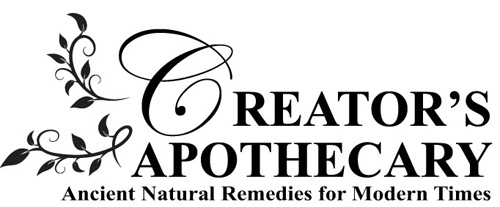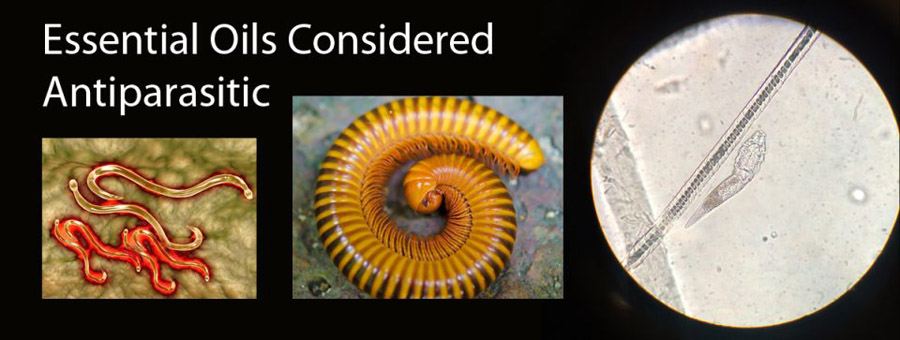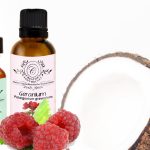Information presented here is educational and not meant as a substitute for or alternative to information from health care practitioners, and is not intended to diagnose, treat, cure or prevent any disease.” Always check with your healthcare professional for any interactions with medications you are taking. “These statements have not been evaluated by the Food and Drug Administration.
Essential Oils Considered Antiparasitic
Antiparasitic refers to substances that destroy or inhibit the growth and reproduction of human or animal parasites. Antiparasitics are a type of antimicrobial drug that may be administered orally, intravenously or topically. They include antibiotics that target bacteria, and antifungals that target fungi. Overuse or misuse of antiparasitics can lead to the development of antimicrobial resistance.
Essential Oils Considered Antiparasitic
- Bergamot – Citrus bergamia
- Caraway – Carum carvi
- Chamomile, Roman – Chamaemelum nobile or Anthemis nobilis
- Cinnamon Bark – Cinnamomum verum or C. zeylanicum
- Clove – Syzygium aromaticum
- Cumin – Cuminum cyminum
- Fennel – Foeniculum vulgare
- Hyssop – Hyssopus officinalis
- Tea Tree – Melaleuca alternifolia
- Mountain Savory aka Winter Savory – Satureja montana
- Myrtle – Myrtus communis ssp. red
- Neroli aka Orange Blossom – Citrus aurantium bigaradia
- Nutmeg – Myristica fragrans
- Oregano – Origanum compactum, CT Carvacrol
- Rosewood – Aniba rosaeodora ON THE ENDANGERED LIST
- Tarragon – Artemisia dracunculus
- Thyme Linalol – Thymus vulgaris ct linalol
Grace to you and peace from God our Father and the Lord Jesus Christ. Philippians 1:2
Til next time,





